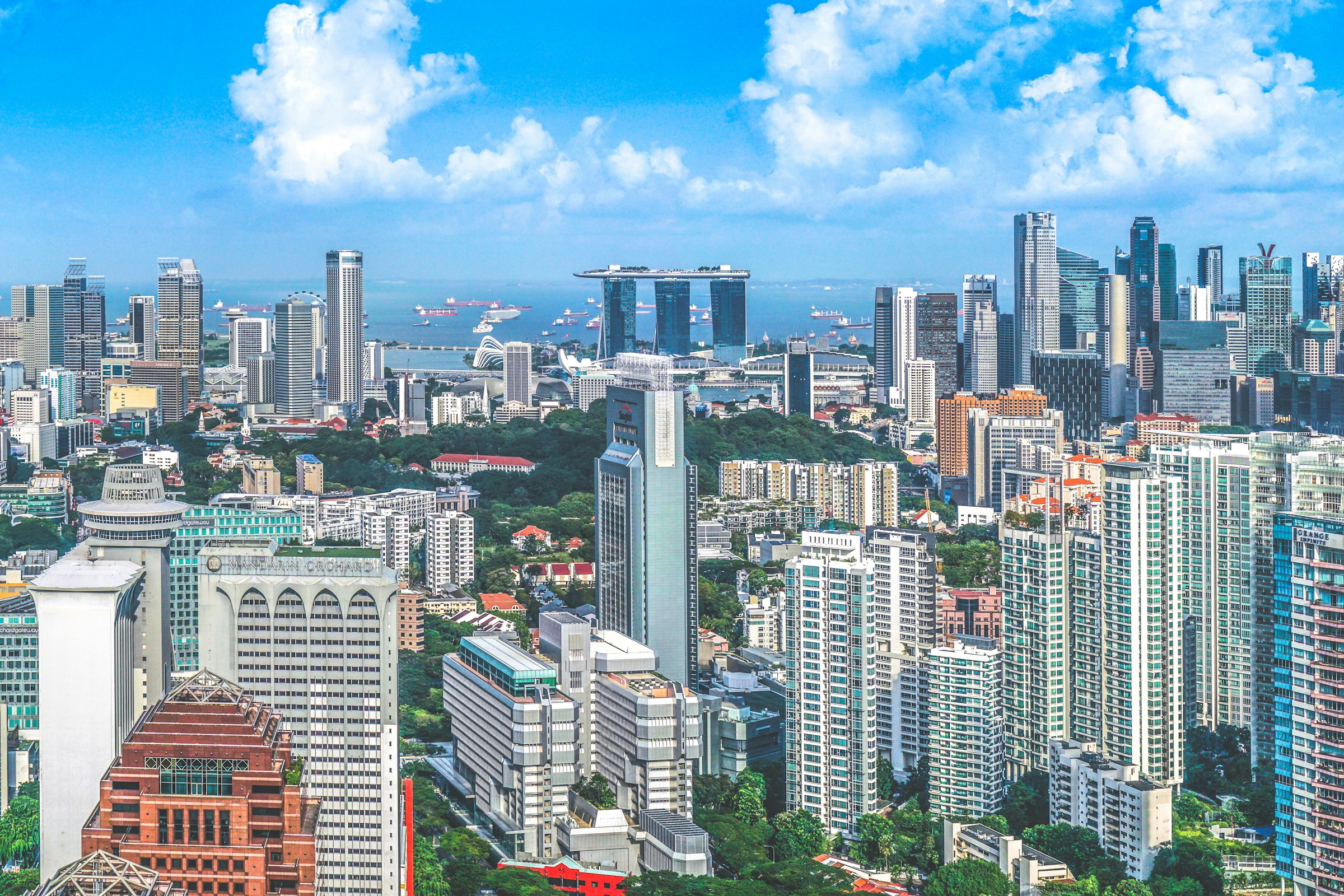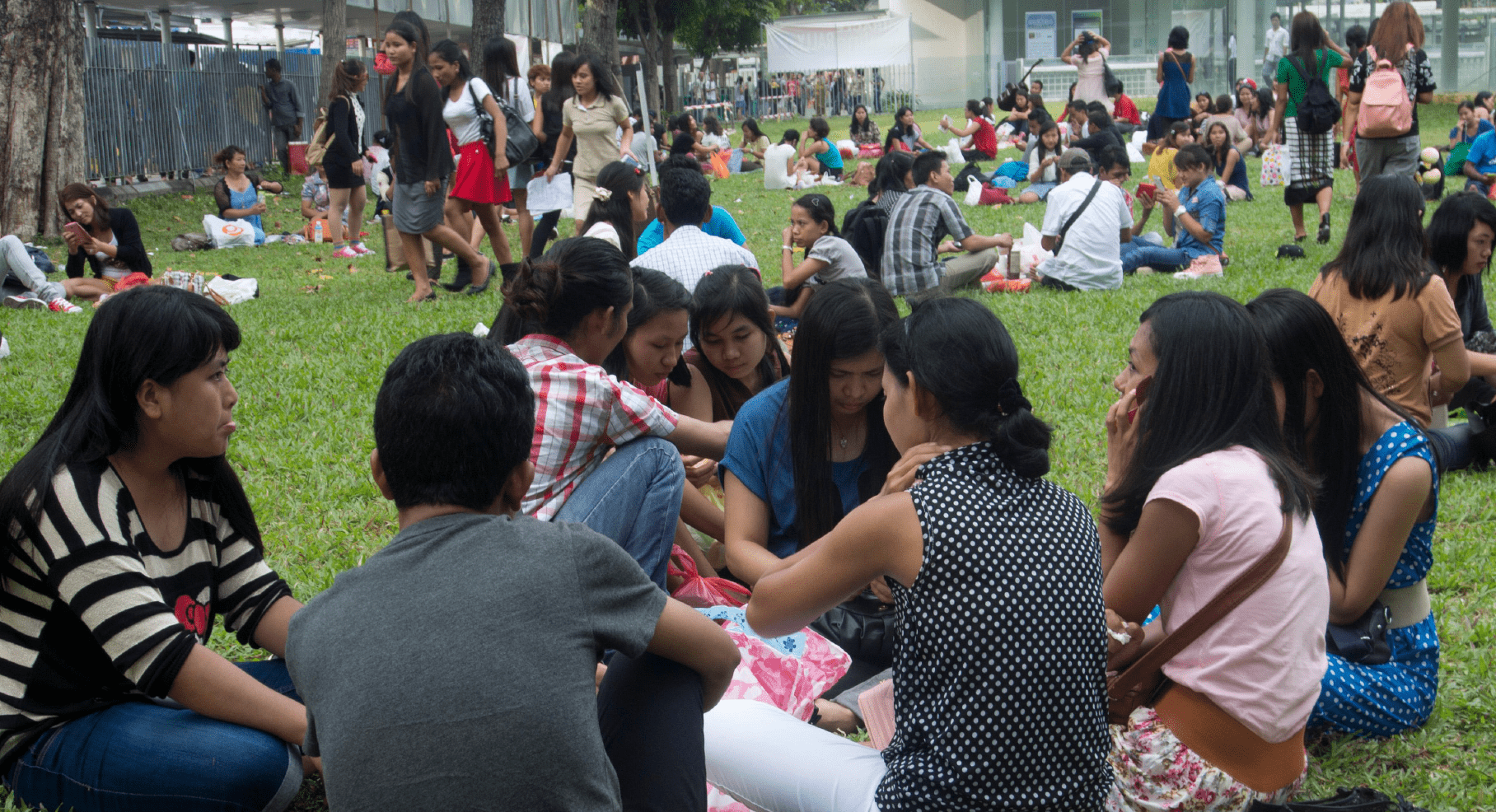SINGAPORE
As an island city-state with long-term aspirations of becoming a global city, Singapore has established itself as a well-ranked business node and financial hub in Asia. Constitutive of Singapore’s global city outlook, the country is a popular destination for international migrants at all skill levels. Nearly 40% of the country’s population is made up of non-citizens comprising migrants ranging from professionals, construction workers to domestic workers. The small country, however, has limited natural resources with less than 1% of its land made available for agricultural production. To feed the fluid population, Singapore relies heavily on food imports (over 90%) from other countries and is thus vulnerable to supply chains disruptions, market volatilities, climate change and disease pandemics. Even as the state strives to strengthen Singapore’s resilience in its food supply, there are pockets of people within the country who continue to face food insecurity and/or hidden hunger. In particular, many low-waged migrant workers such as domestic workers (MDWs), who are crucial pillars in many Singaporean households, reportedly face challenges in accessing culturally significant and nutritious meals. It is thus pertinent for Singapore to foster a sustainable and inclusive food system by addressing the food security needs of all segments of society, including its transient labour migrant population.

Photo by Mike Enerio on Unsplash

